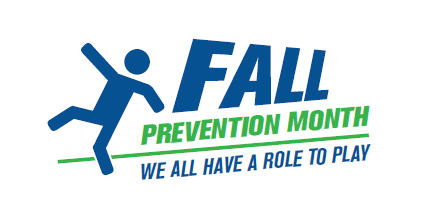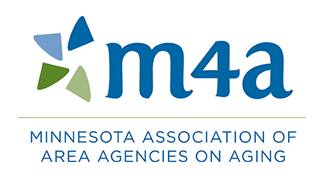Falls Prevention Month
We have rearranged our priorities this year to accommodate the recent events throughout the world. Meetings are being held virtually, schools are using a distant learning platform, and many are holding off visiting people. One thing we do not want to change, or overlook are things that we can control, like falls.
Did you know that many falls can be prevented? Falls are not a natural part of the aging process and steps can and should be taken to prevent falls. Examples of ways to do this successfully include taking classes, such as Matter of Balance (MOB), Tai Ji Quan or Stepping On to name a few programs. These evidenced based classes promote preventing falls through low impact exercises and improving balance. Classes are offered throughout the state and can be found by contacting your local Area Agency on Aging or speaking with your medical providers.
Another form of preventing falls is to review what you have in your homes. Reduce clutter; papers on the floor, rugs, pet accessories or other items that can be moved to allow a clear and even walking surface. Placing furniture strategically throughout your home to use as a balance tool is not a safe way to ambulate. If you find yourself doing this, you may need to talk to a physical therapist about balance and safe alternative for ambulation. There are many ways to check your risk of falling. One way is to visit the National Council on Aging website (www.ncoa.org) where you can take an assessment of your risk of falls. This is a free service and I encourage you, if you are concerned about falling to take this assessment and discuss it with your medical providers.
Remember, one out of every four individuals over the age of 65 experience falls. Falls can lead to serious injury; hospital stays and sometimes can be fatal. Falls can be prevented, be proactive and take the initiative to be safe.
Jason W. Swanson, HSE
Executive Director
MNRAAA





